The 2nd International Conference on Diaspora Tourism took place in Split on May 17, 2019. TCN meets some of the returning diaspora who have made a success of life in Croatia. Next up, Ante Lucic of Cronnect Me in Zagreb.
1. You are from the Middle East but returned to Croatia, something that many Diaspora dream of doing. Tell us briefly about your journey.
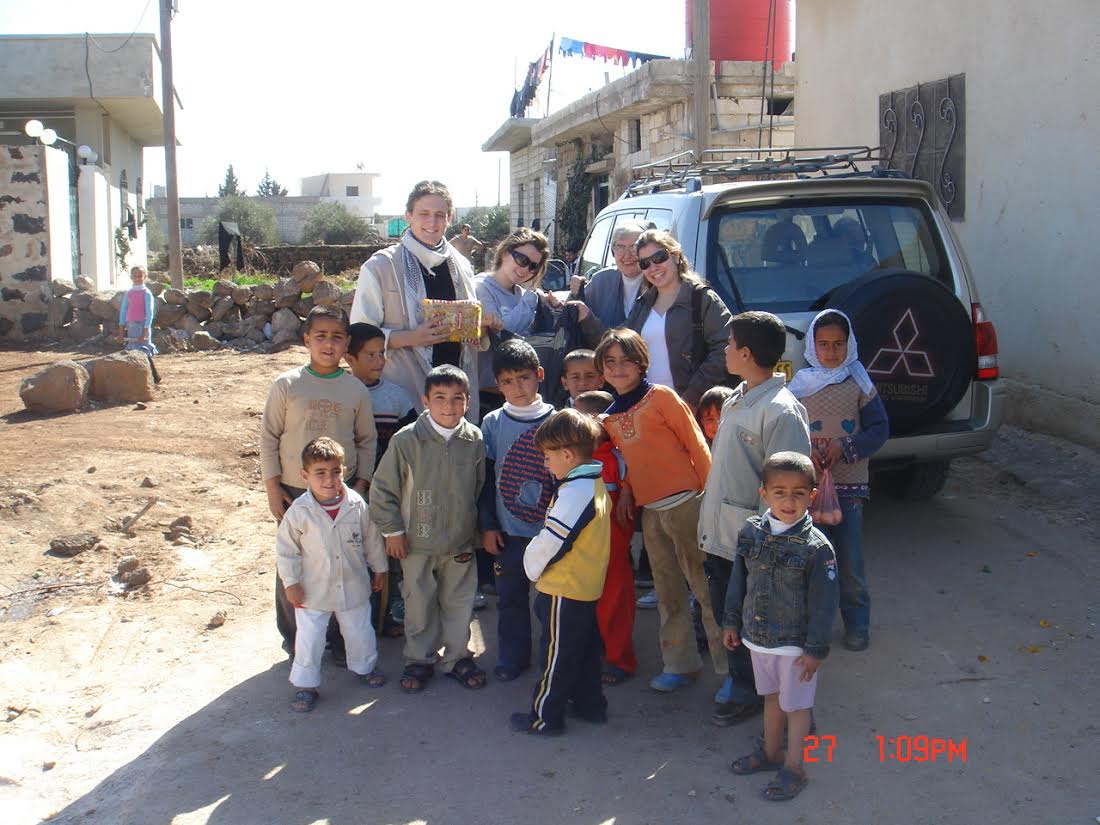
Well, even though I like to refer to Syria as my second homeland (because of the impact it had on my life and the way I see the world), I would not actually say I am from the Middle East. I did, however, graduate from an international school in Damascus, Syria. What brought the whole family to that wonderful country was my father's job.
At first I experienced a culture shock and wanted to return to Croatia, but I soon realized what an amazing place I was blessed to live in. Throughout the 2000s Syria was a very safe, fun, and pleasant to live in. As foreigners we felt very welcome and very well accepted. I still cherish many experiences and friendships I had made in Syria. This is why it has been extremely heartbreaking to see Syria go though bloodshed and civil war. Now that the crisis is (almost) over, and knowing what Syrians are like, I am pretty positive that the country will recover or at least resemble what it was a decade ago when we lived there. After Syria, I moved to Bremen, Germany where I obtained a BA in International Relations and History, and then went to Hamburg where I got my Master's degree in both Law and Business. Although I loved both Syria and Germany for all their differences, I always felt that my place was in Croatia. And so I returned.
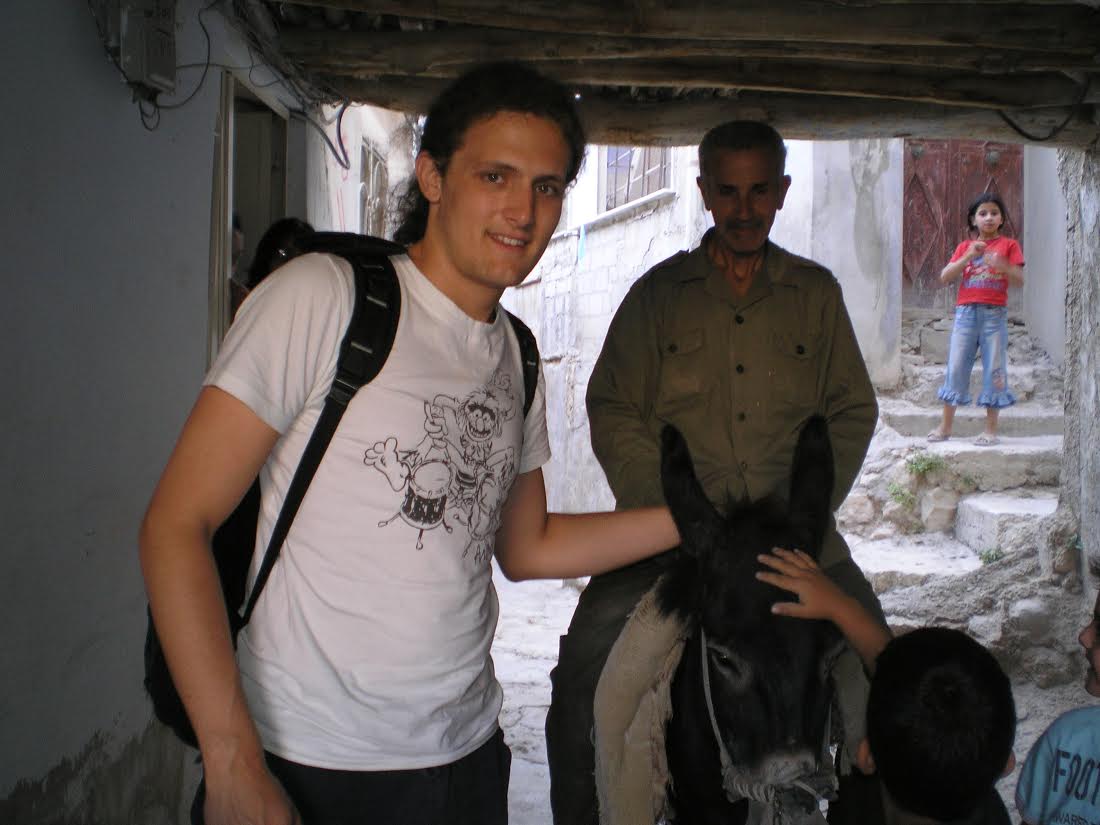
2. Looking back, what were your hopes, expectations and fears about moving to Croatia?
It may sound strange, but at first I had no clear plan whatsoever. What's more, I could easily stay in Germany and pursue a career there in various fields since a number of opportunities were about to open up for me. Even though I love Germany and still travel there quite often, deep down I felt that I was not going to be happy had I stayed there. Hence my homecoming was initially spontaneous but I soon decided to make it more strategic by starting my own business.
Having travelled the world, lived abroad, and hung out with highly diverse and international groups of people, I have developed an interest in human capital. We started off as an education and career consultancy, but gradually developed into a serious HR & Talent Management agency. I do not remember having any major fears nor was I burdened by specific expectations (we entrepreneurs tend to be a little nuts anyway :).
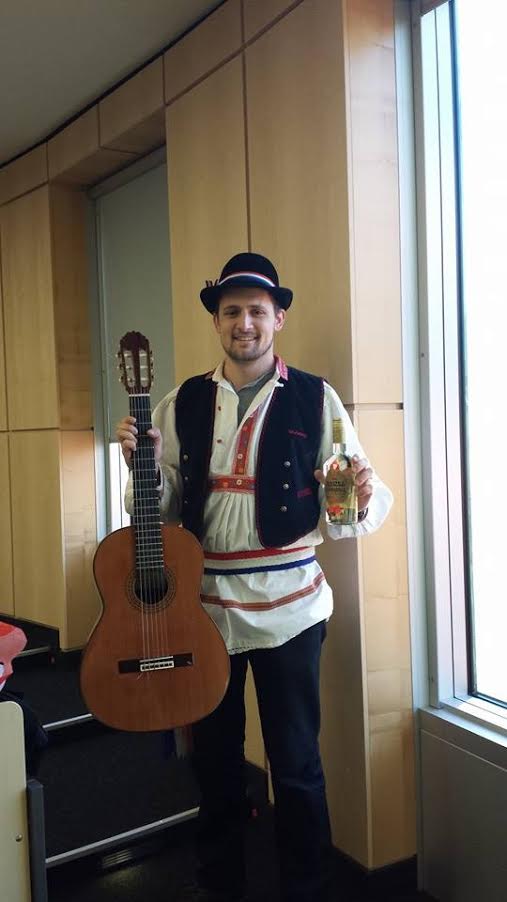
Instead, my goal was to survive and create something out of literally nothing and have fun while doing it. Since my work itself involves communicating and working with many people and organizations, and since I consider myself a people person, it has mostly been fun and joy!
3. How supportive was your Croatian community back home at the time?
While living abroad I have never lost contact neither with my family nor with my childhood friends in Croatia - many of whom I continue to be close friends with today. I would come to Croatia at least twice every year and spend most of my time with my favorite people. This is the main reason why I did not quite feel like I am coming to the unknown upon my return. Generally speaking, support is a two-way street. The more of it you give the more you shall receive.
Unfortunately, many of my friends who were in Croatia when I was abroad have recently emigrated themselves and contributed to forming what we call "New Diaspora". I understand what they are going through, I continue to give (and receive) support, hoping to see them come back to our Homeland.
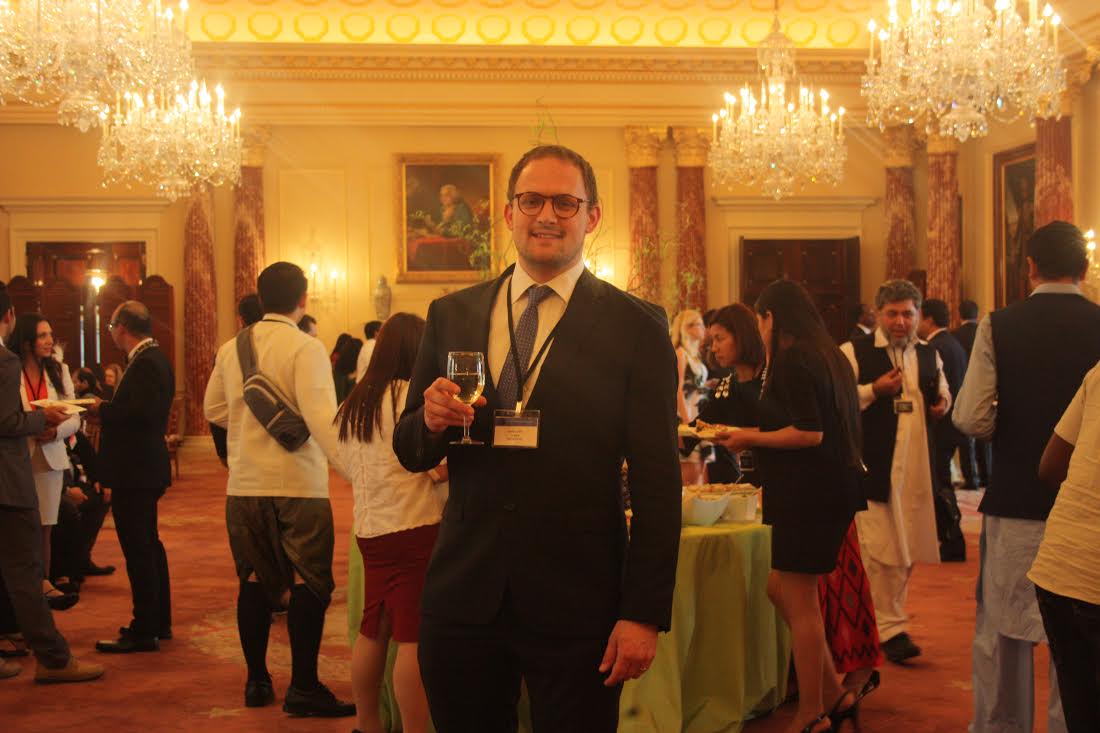
4. Many Diaspora think of returning but few do. In truth, there is little information out there about real-life stories and help/info about the process. What advice do you have for those who are thinking about making the move?
As Simon Sinek would say, first start with "why". Figure out your vision, define your values, and see whether and how Croatia specifically plays into that big picture. The rest is much easier as it involves setting goals and identifying an area/field where you can make the biggest impact, i.e. where you can bring your international Diaspora experience. However, be prepared to find yourself making much less money than outside of Croatia. If you do not consider that to be your greatest challenge, do not overthink things - give it a shot and come back, there are great things here!
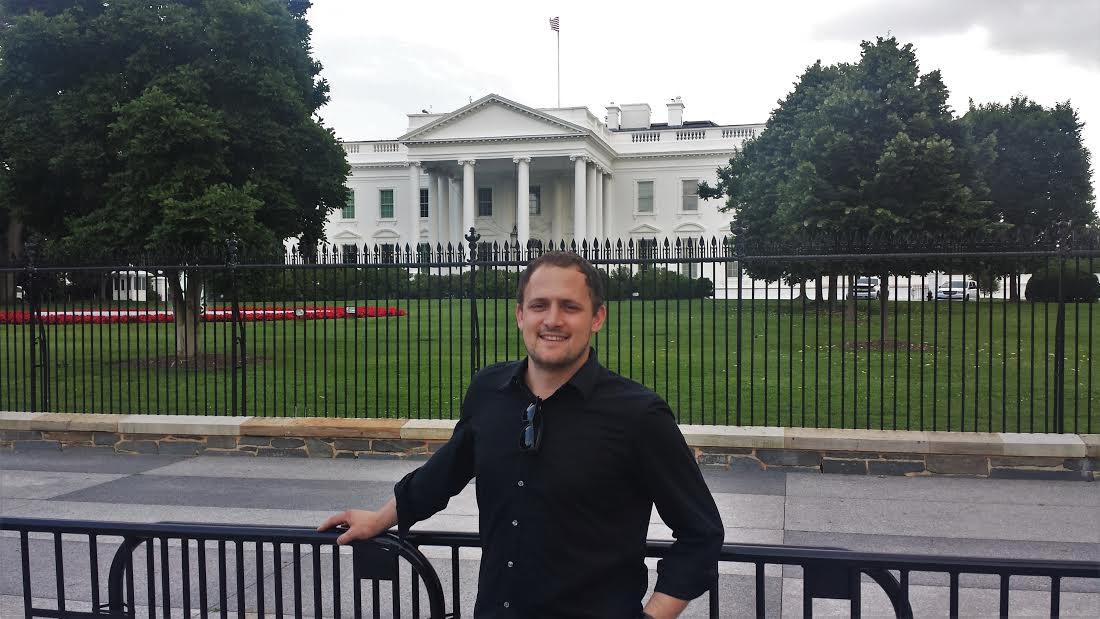
5. How were you perceived in Zagreb as Diaspora moving back - was the welcome warm?
Even though it has been a good 5 years since I came back, I still continue to be perceived as "that returnee" or "the guy who lived in Syria". People have been finding it interesting, and I have been feeling in Croatia like I felt when I was in Syria - very welcome and very well accepted. Sometimes I get weird-sounding questions such as: "You must be out of your mind to have come back. Don't you see that the country is falling apart?"
After I explain my reasons and that I truly believe in Croatia despite its hardships, and that I find it to be the best country to live in the whole world, people still think that I am a bit nuts, but they accept me nevertheless. Fine by me!
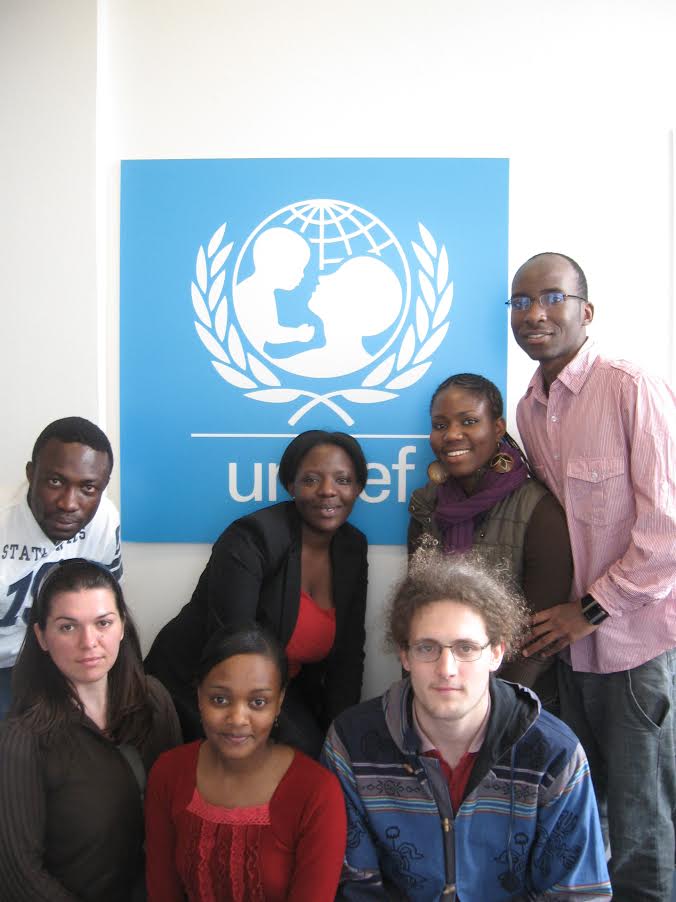
6. Through a lot of hard work, you have been very successful, while many foreigners have given up and left Croatia. What are the keys to success in doing business in Croatia in your opinion?
I have yet to reach the point where I would consider myself successful. But I am (still) not giving up! Excuse my language, but if you are planning to come to Croatia and do business here, you have to be ready to eat shit for some time, at least at the beginning. Yes, this is true for many other countries, especially if you are moving there to start a business. I would say it is essential to have priorities other than only making money. This is not to say that it is impossible to get rich here, it is just a bit harder than in other places.
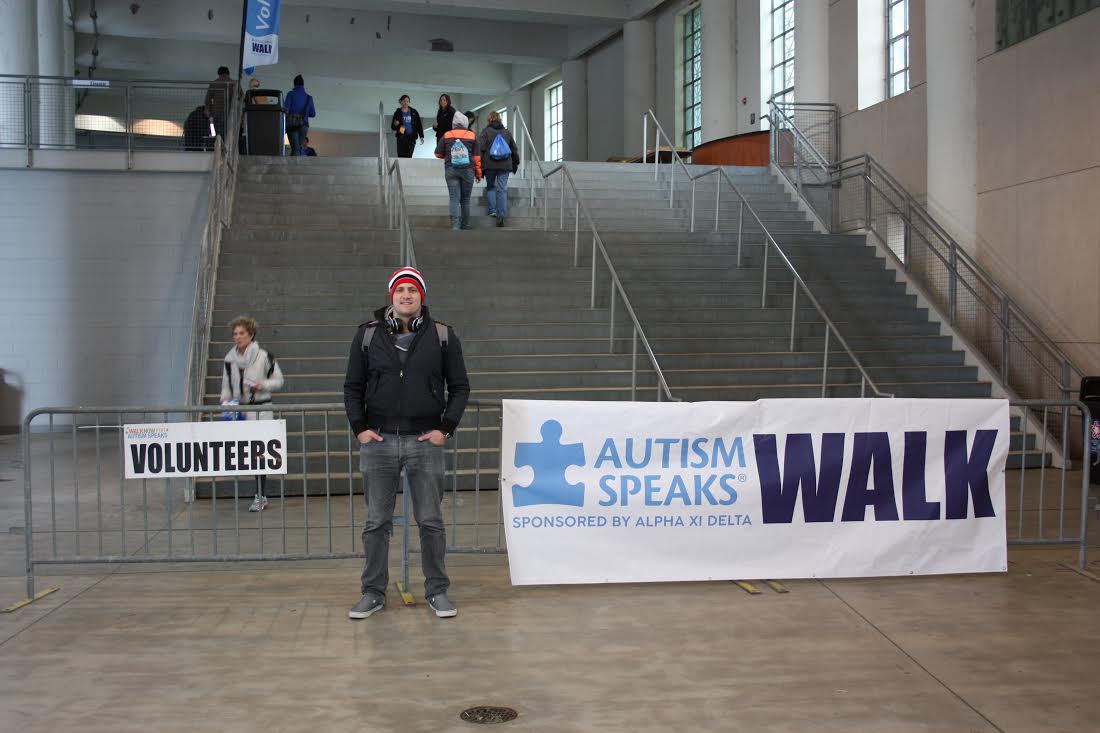
Croatia can be quite testing in terms of the business climate and the economy. However, it is useful to acknowledge many other benefits of being in Croatia: it is safe, healthy, great for family and kids, it is beautiful, and the people are plain amazing. Many other "developed" countries do make it easier for you to make serious money, but they lack many of the above-listed things. For me personally, these will always have priority over money only. It is quite unfortunate that we take for granted so many of the good things Croatia has to offer.
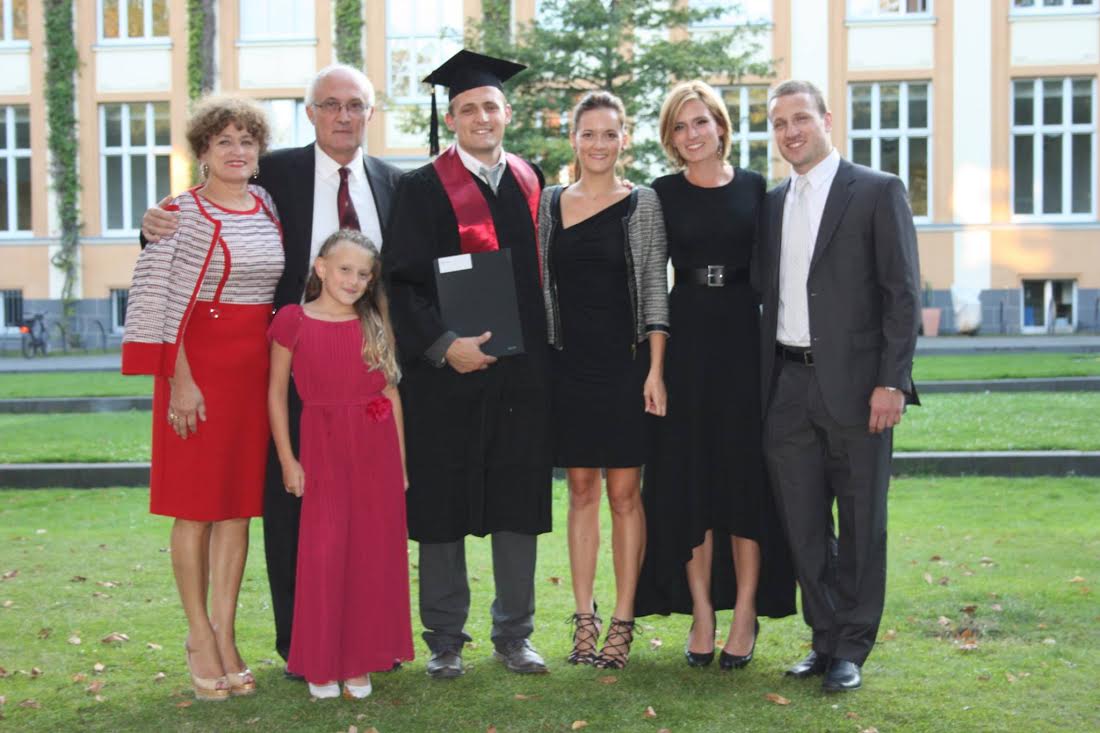
7. What is the diaspora community like in Zagreb and how integrated is it with locals?
I have been very pleased to see that the Diaspora in Zagreb is very well integrated and "mixed" with the locals. I would assume they get similar questions like me, but it does not seem to bother them much. I am also pleased to see that all of them who I know figured out the "keys to success" I listed in the answer to the previous question. Also, the integration of our Diaspora in Zagreb would be much harder without brilliant individuals like my returnee friend Kris Krmpotic. He and a few other people run social media groups, organize events and bring together the locals, expats living in Zagreb, and the Diaspora/returnees. In these groups we enjoy helping each other, answering each other's questions, hanging out online and offline, etc.
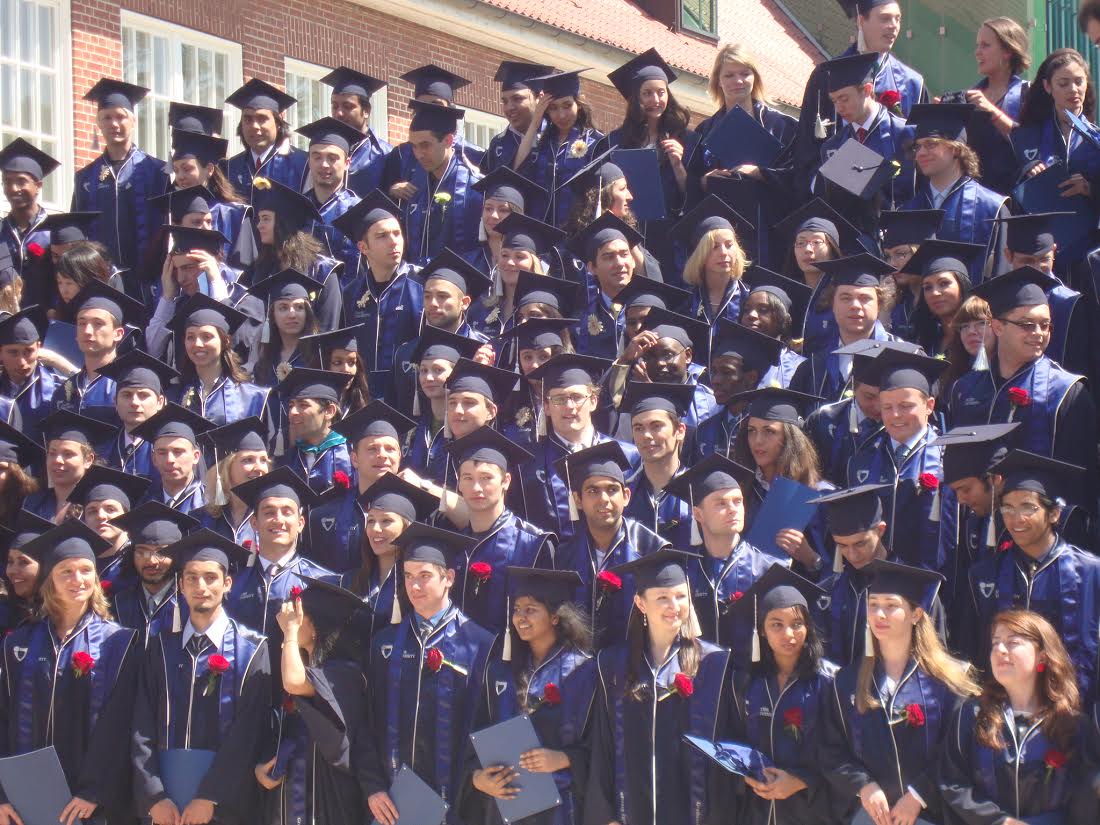
8. And finally, a word on this conference. How was it for you, and what were the main take-home points?
I am very thankful to have been part of this conference. Even though tourism was the central topic, my role was to showcase 5 Croatian early-stage startup companies from different industries. I was able to do this since all the startups are users of my platform Cronnect.me. As the name suggests, my job is to "cronnect" our young and creative entrepreneurs with potential investors from the Croatian Diaspora. I tried doing the same at the conference and I am happy to say that some interesting contacts have been formed. For me, the main take-home message was that we have to continue overcoming our short-term personal interests and find room for cooperation to build a functioning "Diaspora-Homeland Eco System". The Croatian Diaspora is not homogeneous and it should not be. We must persist in using our diversity and human capital to (re)build our country.
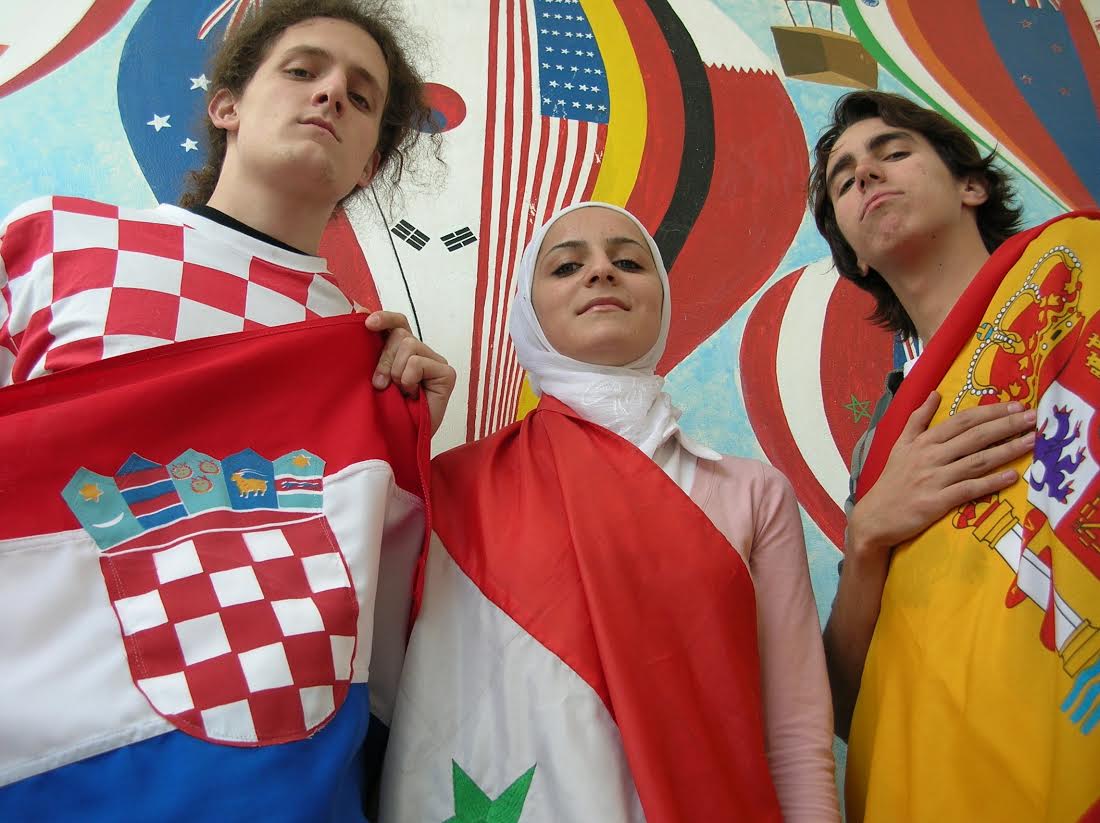
You can 'Cronnect' with Ante Lucic via the official website. Now enjoy his presentation and those startup pitches as the conference in the video below.
For more on the Croatian diaspora, check out the TCN dedicated section.


